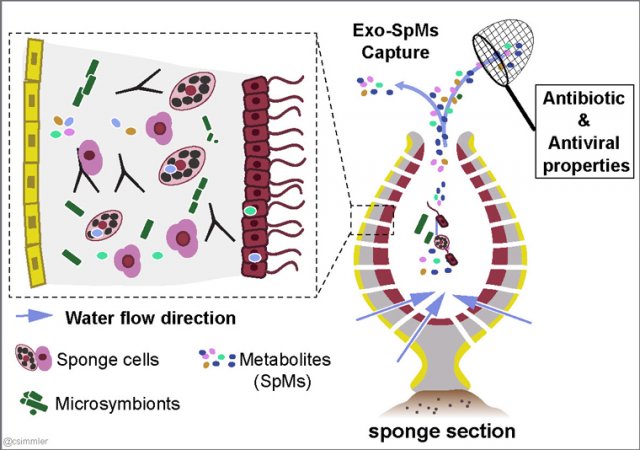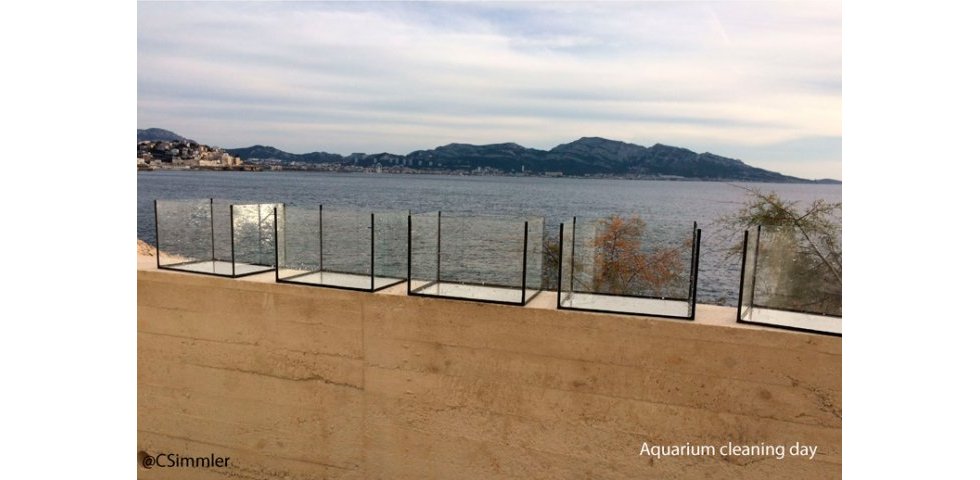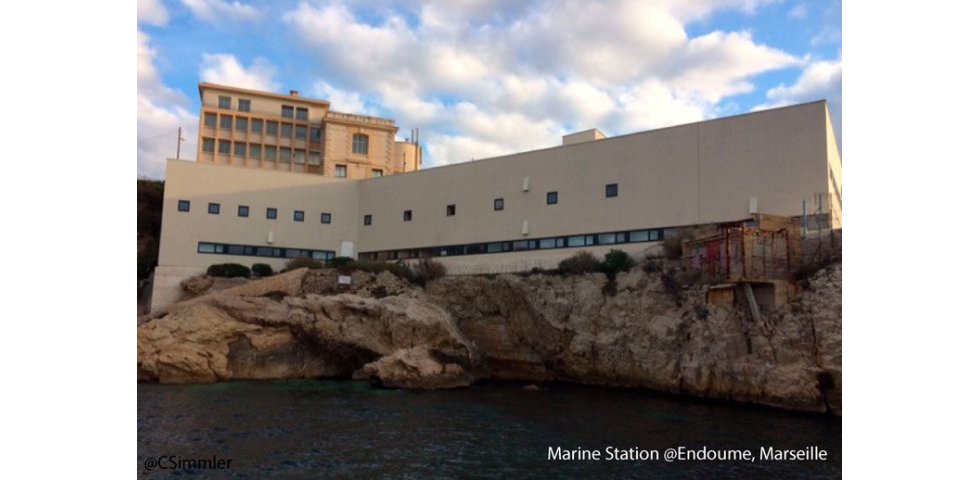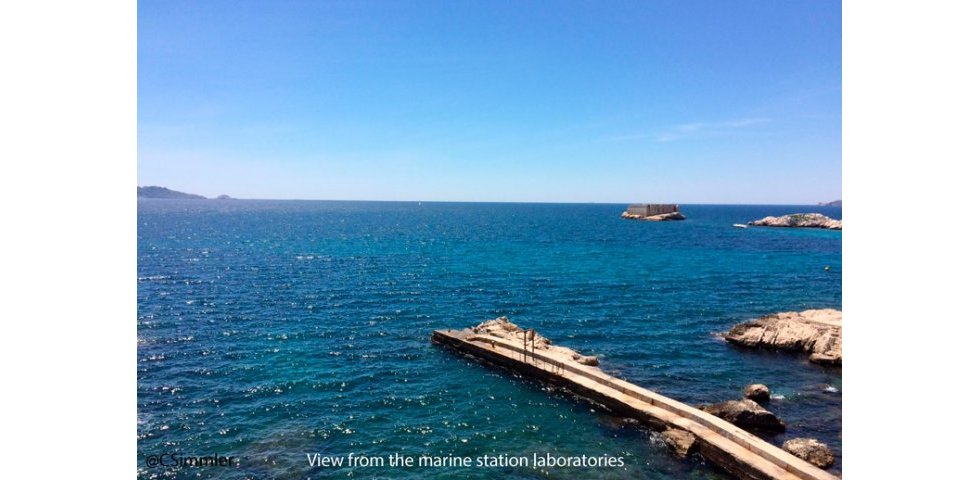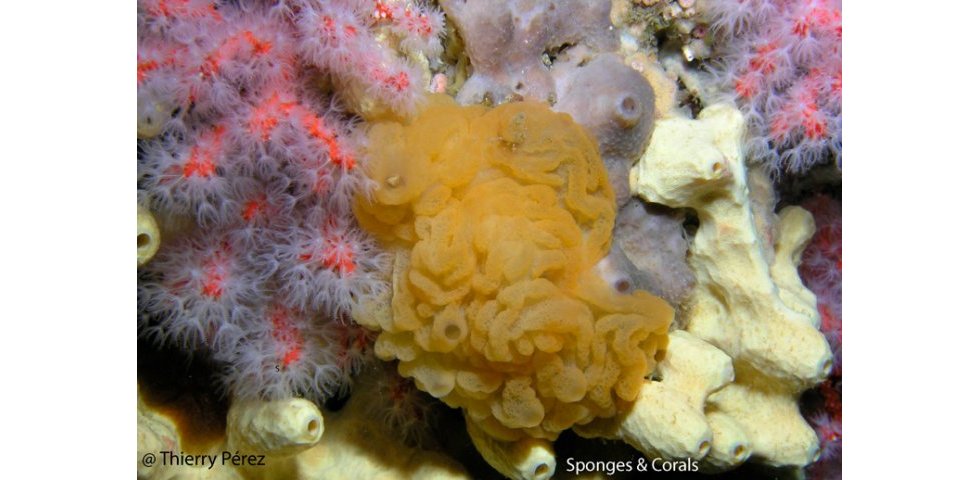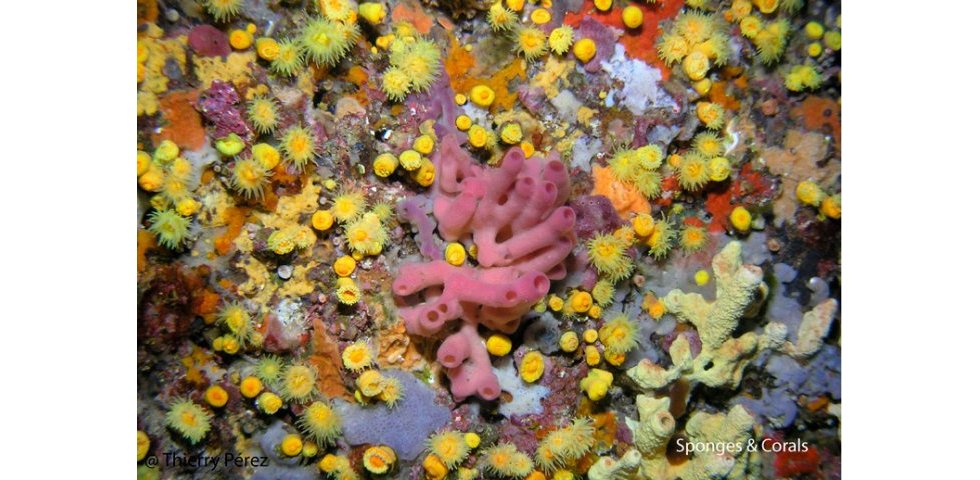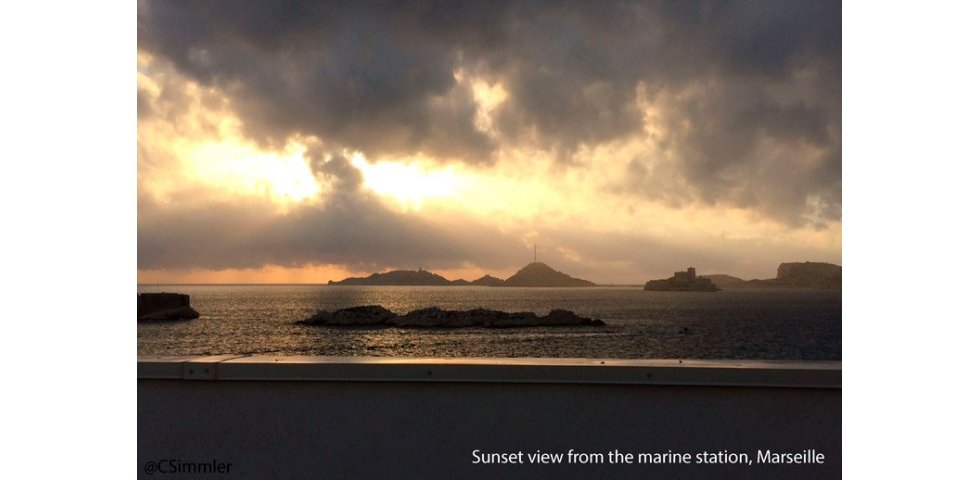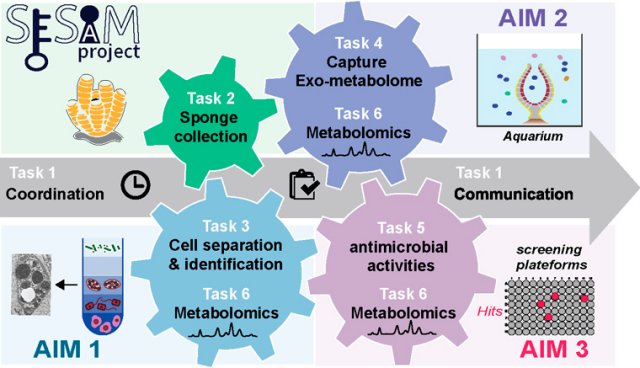SESAM : Valorizing Sponge Exometabolites as Sustainable Source of AntiMicrobials
Abstract
The chemistry of sponges specialized metabolites (SpM) has been extensively studied in the fields of anti-cancer and anti-infectious drug discovery. However, most of the biological investigations carried out with promising sponge SpMs have been hampered by a general supply issue. Interestingly, sponge SpMs can be released in its surroundings either through cellular turnover or active cell expulsion, thus leading to the production of an exo-metabolome. This project aims at evaluating the sustainability of sponge exo-metabolites as source of bioactive new antimicrobials that could be collected without destroying the sponge biomass. Hence, a multi-disciplinary approach with innovative techniques will be developed (1) to characterize both excreted cells and exo-SpMs from Mediterranean sponges maintained in aquarium, and (2) to compare the antimicrobial properties of excreted and non-excreted SpMs.
This project will further advance eco-responsible marine drug discovery endeavors.
Challenge
Accessing sponge chemo-diversity & valorizing their antimicrobial potentials in an eco-responsible way, while preserving marine biodiversity.
Objectives
An interdisciplinary approach with innovative techniques is proposed to evaluate the sustainability of sponge exo-SpMs as source of antibiotics against multi-drug resistant bacteria and/or antiviral agents against certain Flaviviruses (arthropod, i.e mosquitoes/ticks, born infections). The three aims of this project are :
- AIM 1 : isolate sponge cells and characterize their SpM composition.
- AIM 2 : develop methods to concentrate exo-SpMs and sponge cells.
- AIM 3 : compare the anti-microbial properties of excreted and non-excreted SpMs on dedicated high-throughput screening platforms at Aix-Marseille University.
Project Organization
This project is organized in 6 tasks distributed between the three aims as illustrated in the figure below.
Figure legend
- Task 1 involves the project coordination and communication activities.
- Task 2 encompasses all activities related to sponge collections.
- Task 3 will focus on the sponge cell separation and identification using microscopic and DNA metabarcoding analyses
- Task 4 is dedicated to the development of methods to capture and concentrate sponge exo-metabolomes.
- Task 5 is associated with the comparison of the antimicrobial properties of excreted and non-excreted sponge metabolites.
- Task 6 comprises all the comparative chemical analyses. The isolation and structural identification/verification of potentially novel exo-SpMs will be initiated in this Task.
Team members
Members of the SESAM team are part of the DFME team 5 and the IMBE joint resources. Highly interdisciplinary, the SESAM team is composed of specialists in sponge biology, marine ecology, and natural product chemistry.
Members associated with the DFME team
- Charlotte Simmler, CR CNRS
- Thierry Pérez DR CNRS
- Pierre Chevaldonné, DR CNRS
- Alexander Ereskovsky, DR CNRS
- Béatrice Baghdikian, MC, HDR AMU
- Mathieu Santonja, MC AMU
- Morgane Mauduit, engineer in Chemistry, PhD student (November 1st 2020, October 31, 2023 CNRS fellowship
- And soon new young researchers (post-doc and PhD students) will join the team. Stay tuned !
Members associated with the Joint Research Resources
- Stéphane Greff, IGE AMU, co-managing the metabolomics and chemical ecology MALLABAR joint resource, UPLC-MS
- Caroline Lecareux, IE AMU, co-managing the metabolomics and chemical ecology MALLABAR joint resource, GC-MS
- Sacha Molinari, TCN CNRS, metabolomics and chemical ecology MALLABAR, joint resource
- Caroline Rocher, AI CNRS, technical coordination of the molecular biology joint resource
Collaborations within Aix Marseille University
Antibiotic assays on the BAC-SCREEN antibiotic screening platform (UMR INSERM U1261 Jean-Michel Bolla, Véronique Sinou) : testing for the anti-bacterial properties of sponge extracts and molecules on multi-resistant bacteria.
Antiviral Assays on the Marseille Luminy Screening Platform (PCML, UMR CNRS 7257 Jean-Claude Guillemot, Cecilia Eydoux) : assessing the capacities of sponge extracts and their molecules to inhibit the replication of Flaviviruses.
NMR and structure analyses : Gaëtan Herbette (Spectropole, FR1739 /) and Oliver Bornet (IMM, FR3479 ).
Fundings

Agence Nationale de la Recherche (ANR)
ANR JCJC (Jeune Chercheur) : ANR-20-CE43-0003
Amount : 331 525 €
Project duration : 4 years
(1st February 2021-31 January 2025)
Scientific coordinator : Charlotte Simmler
Research Site : Station Marine d’Endoume
